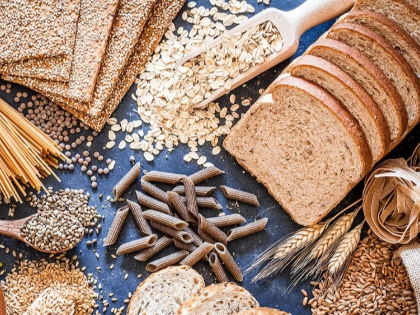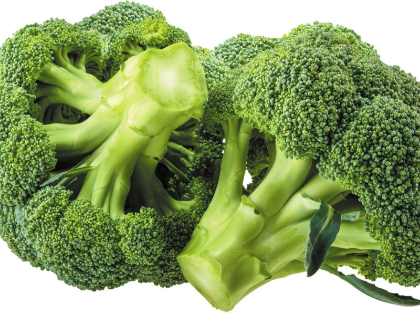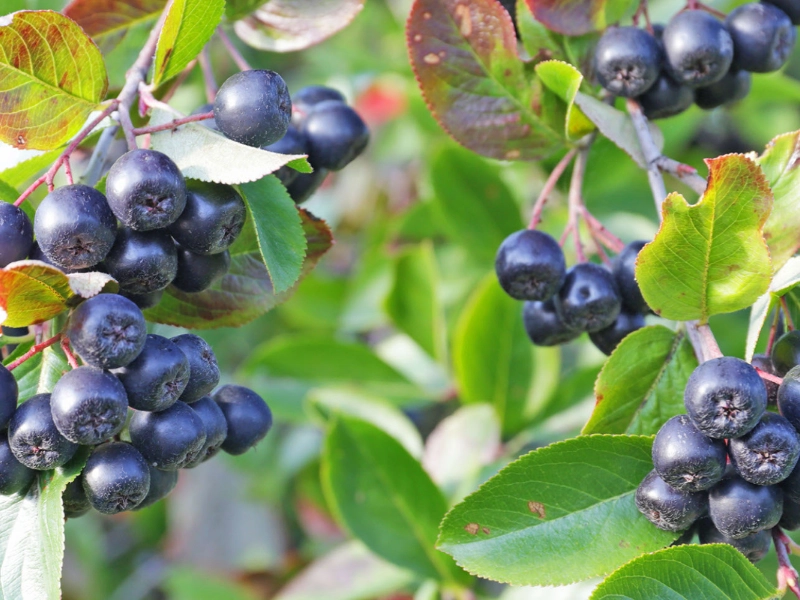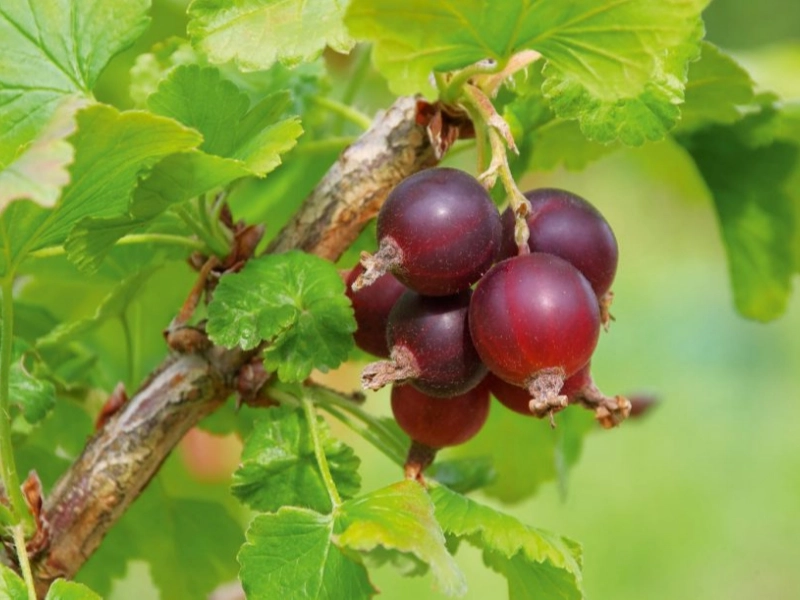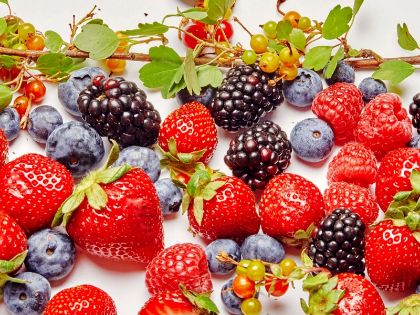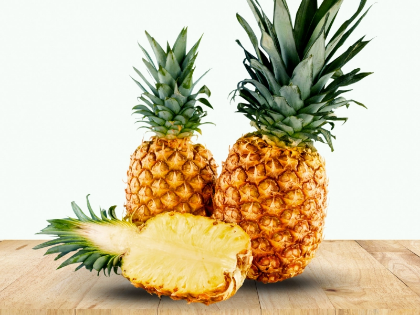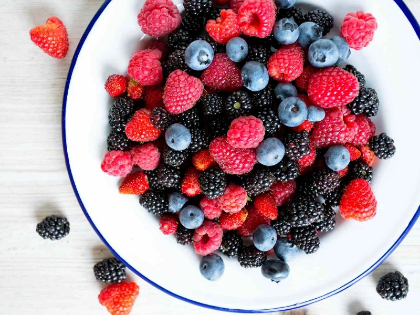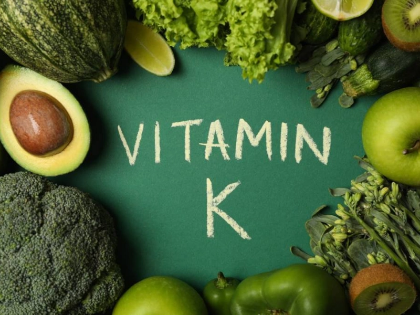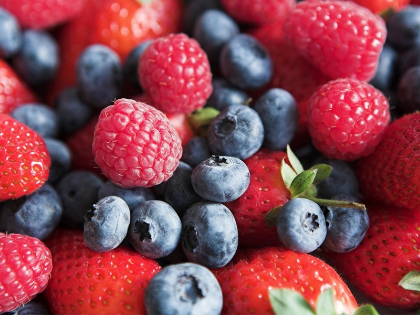Local Honey: Supporting Your Community and Your Health
1. Local Honey: Their Value
Local honey connects one to nature and the community and not only provides a tasty reward. Made by bees that poll nearby vegetation, this honey sometimes shows remnants of the same plants that aggravate seasonal allergies among local people. Local honey can help people develop a tolerance to certain allergies, possibly lowering their symptoms. Beyond its health advantages, buying local honey helps nearby beekeepers and advances environmentally friendly farming methods.
2. Local honey's health advantages
Vitamins, minerals, and antioxidants, among other components, abound in local honey. Local honey keeps its natural deliciousness, whereas processed honey could lose some of its advantages. Honey's antioxidants help the body fight oxidative stress, therefore boosting general health. Honey is also a common cure for minor cuts and sore throats since it naturally possesses antibacterial and anti-inflammatory qualities.
3. Local honey reduces allergies
One of the most often discussed advantages of local honey is its possible allergy relief power. The idea behind this is basic: tiny bits of pollen from nearby plants abound in local honey. Over time, progressively adding these pollen particles into the body could help boost immunity. Although there is little scientific data on this approach, many people claim that routinely ingesting local honey helps them to have fewer allergy problems.
4. Encouragement of Local Bees
Purchasing local honey directly helps local beekeepers in their attempts to sustain viable bee numbers. A difficult work, beekeeping calls both expertise and perseverance. Purchasing honey from nearby farms helps guarantee that beekeepers may carry on their important work for pollination and the maintenance of our ecosystems. Supporting nearby companies creates sustainability and community development, benefiting both of us.
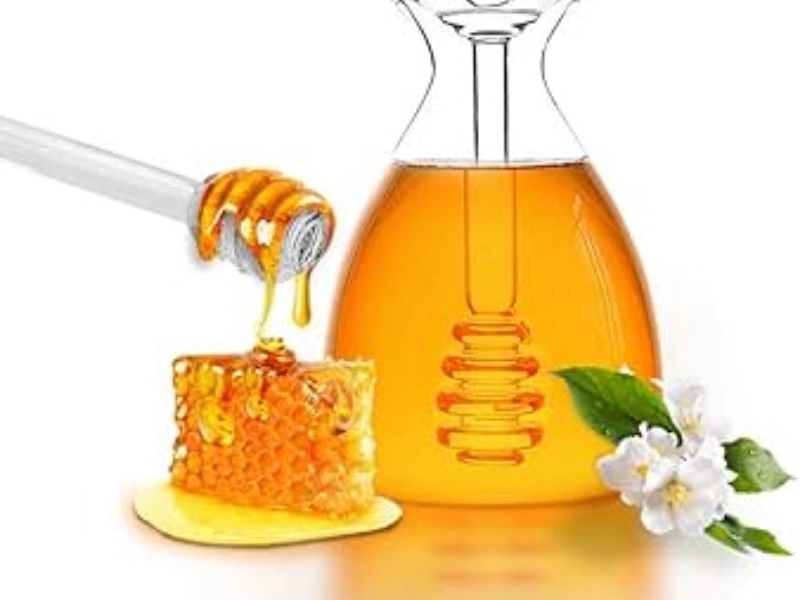
5. Environmental Effects of Beekeeping
Many of the crops we eat are pollinated by bees, which are absolutely vital. Supporting neighborhood beekeepers helps you to support environmental health and biodiversity as well. Good bee numbers support the balance of plant life and add to the general ecology. Given pesticides, habitat loss, and disease driving down bee populations globally, this is especially critical.
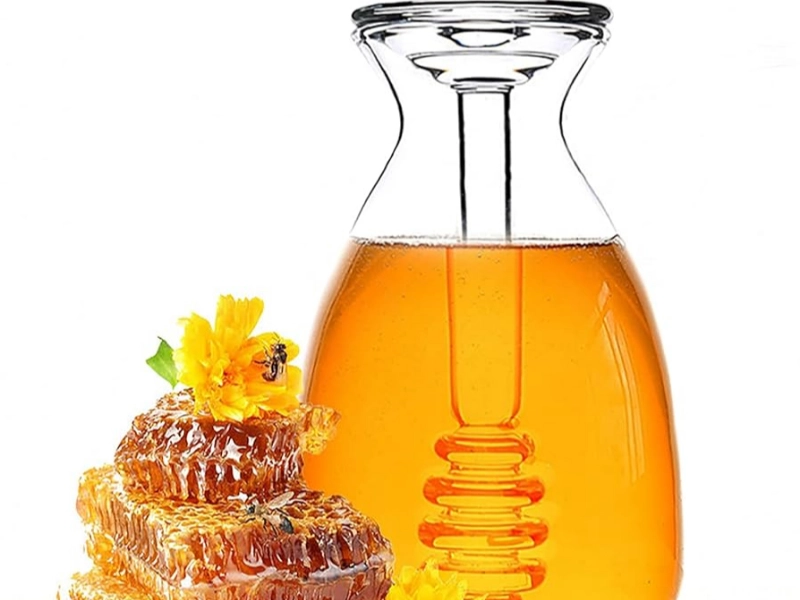
6. Local Honey's Culinary Applications
In the kitchen, local honey is absolutely flexible. Savory meals, baked items, and beverages all benefit from this natural sweetener. Drizzling honey over yogurt or oats brings some sweet taste and improves flavor. Honey also offers a distinctive flavor sensation and can be used in marinades and sauces. For those who are health conscious, its natural sweetness is also a better substitute for processed sugars.

7. Selecting Appropriate Local Honey
Look for raw, unprocessed local honey products when choosing. While filtered honey could lose some of these good qualities, raw honey keeps its natural enzymes, antioxidants, and minerals. Specialty food stores and local farmers' markets sometimes carry a range of local honey choices. Inquiring about the beekeeper's methods will also help you to make sure you are endorsing moral and environmentally friendly beekeeping.
8. Conservation of Local Honey
Honey's quality depends on correct storage conditions. Honey should be stored dry and cold, away from direct sunlight. Stashed in a glass or food-safe plastic container with a tight closure will help to stop moisture absorption. Honey, unlike many other foods, does not go bad and, with proper storage, can keep endlessly. It might crystallize over time, but this does not mean spoiling; just gently heating the jar will help it to be liquid once more.
9. Honey's Part in Conventional Medicine
Honey's therapeutic qualities have been sought for in many civilizations over history. Honey is a natural cure for many conditions, including coughs, stomach problems, and skin irritations, used in traditional medicine. Made-from-scratch treatments, including cough syrups and skin salves, often call for its calming qualities. Honey can enhance conventional treatments even if it should not substitute expert medical advice.
10. Synopsis of the Local Honey Benefits
One useful tool supporting environmental sustainability as well as community health is local honey. Any diet would benefit from its possible health advantages, which include nutritional value and allergy alleviation. Choosing local honey not only makes for great flavor but also helps local beekeepers by so preserving bee numbers. One easy but effective approach to improving your health and supporting environmental sustainability is to incorporate local honey into your diet.

